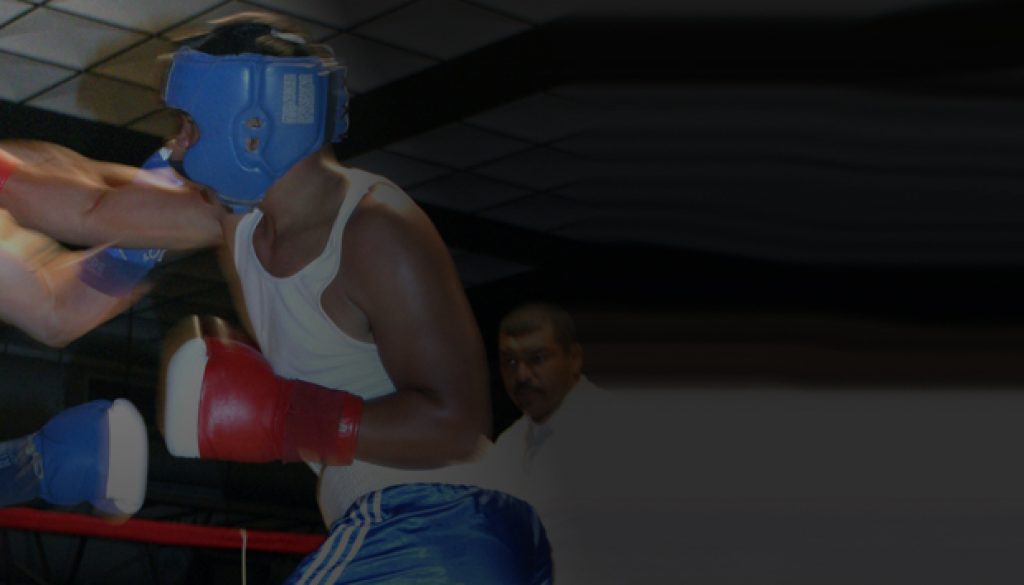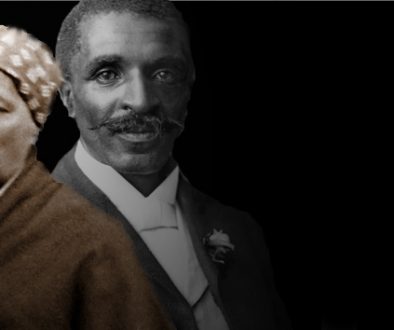I.T. vs Users – Part 1
(…it doesn’t have to be this way)
In this corner…The I.T. Pro…
When I start to talk about using Information Technology “best practices” for churches and non-profits, professionals who work in such organizations day-to-day shutter. Let’s face it, I.T. has a bit of a reputation for applying a heavy draconian hand when it comes to setting I.T. policies and standards. In many cases there exists an ongoing war between I.T. staff and the rest of the general user population. I.T. pros love to polk fun at end users with jokes like:
Phone Support Tech: “Will you please hold a moment sir, I believe you are experiencing an I. D. 10 T. Error.
User: Oh no… an I-D-1-0-T error sounds serious.
Phone Support Tech: It is very serious. However, hopefully the error you are experiencing is not caused by a PEBKAC. If we do discover that your I-D-10-T error has been cause by a PEBKAC, I am afraid that we will not be able to help you.
Yes, I.T. techs can be obnoxious and condescending. But lets not be too hard on them. Most of the I.T. professionals I have worked with over the years, even the pompous scary smart geniuses I have worked with, have good intentions about helping people. Most of them kill themselves on a daily basis to add value. Most of them start out strong with a vision to “use their powers” for good…and they do a great deal of good. After a while, though, they realize that users are never satisfied, technology is never good enough, customers rarely listen to their recommendations, and they rarely ever get to cross a finish line where they feel like they actually accomplished something significant. In many situations, I.T. pros build a kind of a savior complex around them. They become addicted to the feelings they get when they can swoop in and save the day. Some I.T. pros even go as far as to get a serious martyr complex. They feel like they beat their head against a wall of futility every day and no one ever notices their efforts. After a while I.T. pros who live in this trench long enough lose their proactive edge. They start to build defensive walls around them. All of their decisions and responses become polluted by cynicism, exhaustion and, I dear say, even fear. How do I know this? I have been there. Everything I have written above describes me at some point in my technology career.
And in this corner…The end user…
End Users and/or technology consumers are not blameless either. They have their own jokes about I.T. Pros. The old Nick Burns Computer Guy character from Saturday Night Live is a good portrayal of how obnoxious I.T. pros can be. The truth about technology consumers is that they can be clueless, demanding, ungrateful and self centered. They are also human after all.
Let’s face it, we live in an on-demand world where comfort is king and technology is increasingly becoming democratized and ubiquitous. The mobilization of technology coupled with the “pay as you go” mobile plan has opened access to more people from wider socio-economic backgrounds than ever. I have worked with people around the world who by all standards live in poverty but they still have a mobile phone and a Facebook account.
It has gotten to the point where access to technology is required for everything from healthcare to high school to household management. I hesitate to label the future of computer technology as mobile or stationary, global or microscopic. I have come to simply describe it as inescapable. The reality is that we have become reliant on technology for everyday life.
Just yesterday, a dear friend who runs an outreach ministry in Memphis called me asking for help restoring his network. Without his internet connection he lost access to key government websites that require time sensitive responses. He lost access to other professional services that he relies on to run the community development portion of his ministry. He lost access to the educational resources he uses to support his reading program. He even lost access to the cloud based services that he uses to help write his sermons. I know, one could make an argument that he shouldn’t rely so heavily on technology to run his ministry. The fact is, his ministry doesn’t have access to a great deal of financial resources. The simple network that connects him to the internet gives him access to countless resources that would cost him thousands of dollars to bring in house. Dollars that can now be used to provide more tangible resources to the neighborhood like affordable housing, food, education, mentoring and discipleship.
Why do I mention this example? As technologists working in today’s technology driven world we need to keep in mind that users don’t call us because they have a personal agenda to drive us crazy. They call us because they genuinely need our help.
Yes, it is true people can be selfish and demanding. However, it is also true that people have good intentions to help others and to do meaningful things with their lives. As technologists we need to keep in mind that by the time a computer user calls us for help, they have already tried to work through or around the problem themselves. The fact that they are coming to us for help means that their forward motion has been blocked enough to where they have nowhere else to turn. This can often bring out the worst behavior in an individual. We don’t have to relegate ourselves to the role of doormat or punching bag. However, even in the face of intense user drama we must discipline ourselves to believe the best in people who call on us to solve problems.
Before the fight bell rings…
There you have it…a description of I.T. in one corner and a description of computer technology users in the other. That’s all the time I have for writing today. However, in my next post, I will offer some practical tips for end users and technology pros to hopefully gain a better understanding of each other. I acknowledge that there will always be a healthy tension that exists in the process of leveraging technology to solve problems and help people. Computer technology users don’t always know what they want. Technology often fails to meet our expectations and technology professionals aren’t always effective at adding value. Perhaps these tips will help organizations avoid unnecessary drama and tension.


